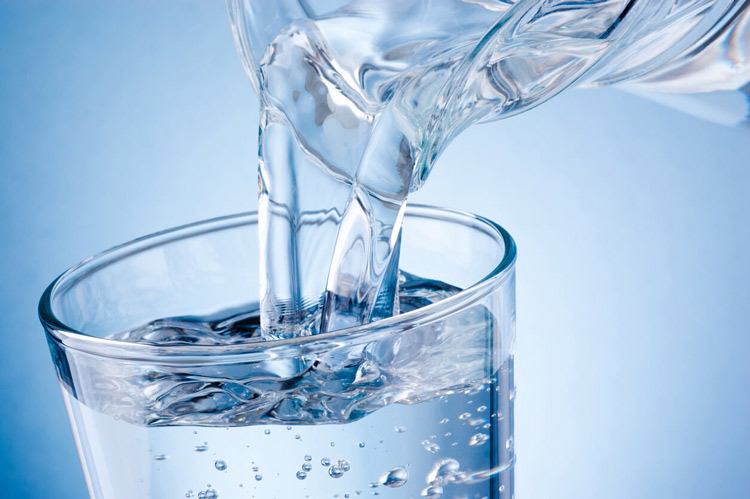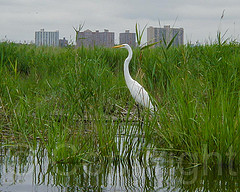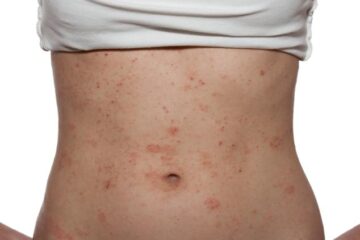E. Coli (Escherichia Coli): The Dangers in Your Drinking Water

If you’re like most people, you probably don’t think much about what’s in a glass of tap water. You can’t tell by looking at it, but a clean glass of water could be contaminated with E. Coli. Here’s what you need to know about the danger of E. Coli in your drinking water, along with the importance of contacting PB Water Softening for a water test.
WHAT IS E. COLI?
Most likely, you’ve heard of E. Coli but may not understand what it means? Put simply, E. Coli (Escherichia coli) is a type of germ or bacteria that typically resides in the human digestive tract, although some animals can also have it in their gut. Many kinds of E. Coli are considered safe as they help in maintaining a healthy digestive tract. But there are other strains that can be harmful when consuming contaminated drinking water or food.
WHERE DOES IT COME FROM AND HOW DOES IT AFFECT YOUR AREA?
In addition to coming from human and/or animal feces, this bacterium can also come from streams, creeks, rivers, lakes, and groundwater as the result of rainfall and melting snow. Failing to properly treat infected water can lead to E. Coli winding up in your drinking water.
When this occurs, people who use city water should be notified by their public water department, which is followed by issuing a boiling order. This entails boiling water for one minute before drinking it so that viruses, protozoa, and other bacteria can be destroyed.
HOW E. COLI AFFECTS YOUR BODY: COMMON SYMPTOMS?
Children are more prone to experience symptoms of E. Coli than adults, although many people do have symptoms. Usually, symptoms begin about three to four days after coming in contact with E. Coli.
Symptoms can vary, depending on the person. Some of the common symptoms include those such as diarrhea (typically bloody), severe stomach cramps, nausea, and vomiting. Some people who are infected have a low-grade fever. In most cases, people improve in about five days to a week.
There are some strains that can cause urinary tract infections. Furthermore, other severe E. Coli strains can affect the blood and kidneys and include symptoms, such as a fever, pale skin, bruising, severe anemia, weakness, and passing small urine amounts. In rare cases, people have suffered from kidney failure, resulting in death.
GET A PHYSICAL EXAMINATION
If you think you may have consumed infected water or begin showing symptoms of E. Coli poisoning, get a physical examination. They will be able to run a test and advise you on how to manage your symptoms.
STOP DRINKING TAP WATER
If you discover that E. Coli is in your well water, stop drinking tap water. What’s more, don’t use tap water for washing dishes and produce, making ice, preparing food or beverages, making baby formula, and brushing your teeth. If you do have any old ice cubes, throw them out. Give bottled water to your pets or water that’s been boiled.
On the other hand, you can still do laundry. Adults may continue to shower, exercising caution to ensure no water is swallowed. Sponge baths are recommended for children. If possible, use a clean supply of water for bathing children.
SCHEDULE A WATER TEST
Since it’s highly possible you could have E. Coli in your water, it’s extremely critical that you have your water tested. PB Water Softener can run a test for over 100 contaminants, which includes E. Coli. Once the test is complete, we thoroughly go over the results with homeowners as well as explain all the possible options for correcting any type of contaminated drinking water issue.
OTHER CONSIDERATIONS AND WARNINGS
- Besides children, people who are most at risk for having serious complications from E. Coli include pregnant women, those with weakened immune systems, and older adults.
- Veterinarians and others who work with goats, cows, and sheep are more likely to be infected with E. Coli. Thus, if you work with animals, always thoroughly wash your hands after making contact with them.
- Up to 90 percent of uncomplicated cystitis episodes are the result of E. Coli.
- Drinking water should have no presence of E. Coli after being treated.
CONTACT US
Don’t settle for unsafe drinking water. If you are under a boil advisory, or you’re concerned about your water, contact us to set up an in-home appointment and free non-contact water test. Our team at Passaic Bergen Water Softening has been helping Northern New Jersey homeowners keep their drinking water clean and safe since 2004.



